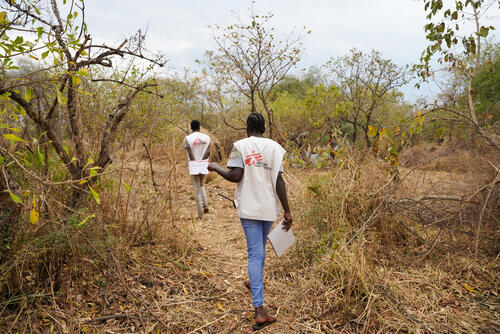Discover all our latest news, stories and publications. Use the filter to get to the content you're looking for.
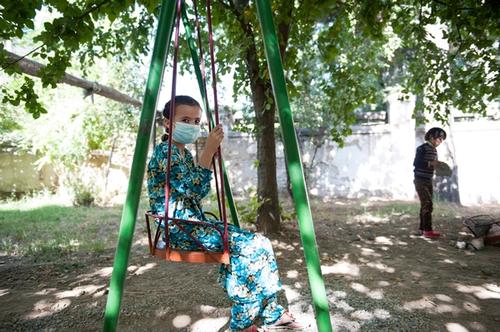
New report highlights need to better tackle world’s deadliest infectious disease
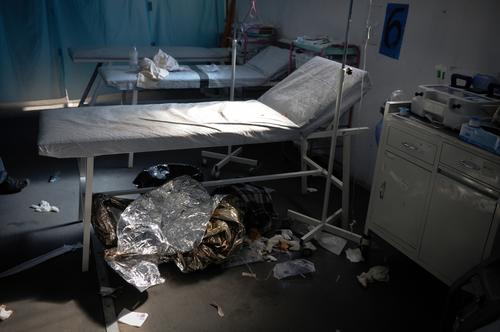
MSF condemns incursion by armed men into supported hospitals in East Ghouta
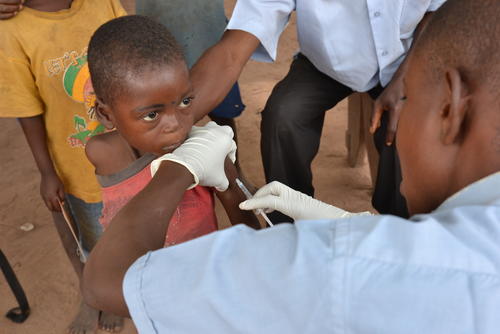
MSF staff treat measles cases across five provinces
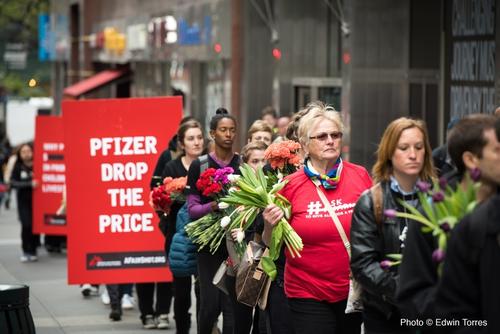
Investors join MSF in calling Pfizer to reduce the price of pneumonia vaccine
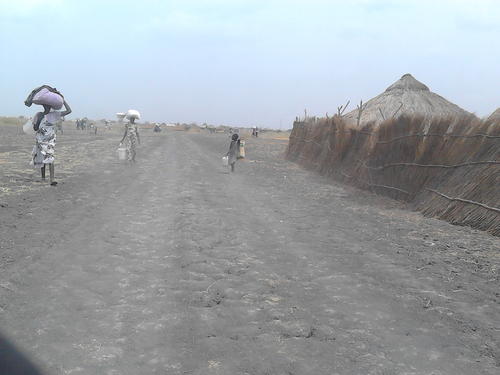
Intense fighting around Kodok forces up to 25,000 people to flee without humanitarian support
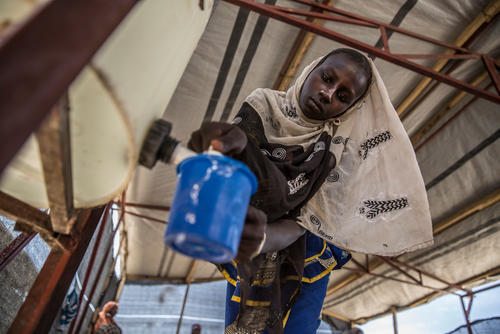
Hepatitis E outbreak linked to water shortages and poor sanitation
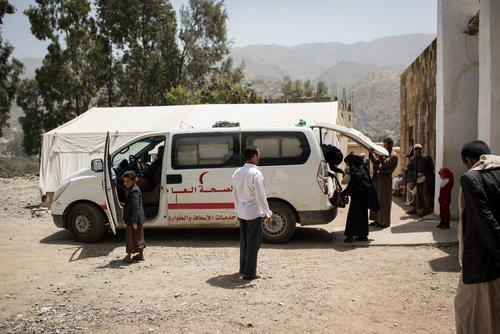
MSF statement at Geneva donor conference
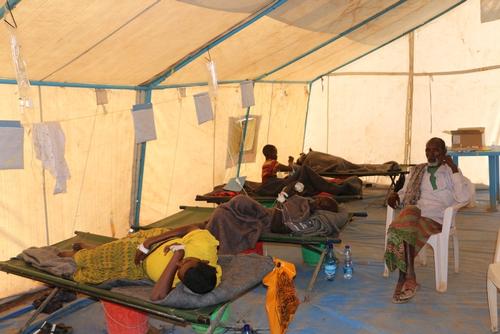
Thousands hit by outbreak of acute watery diarrhoea during worst drought for decades
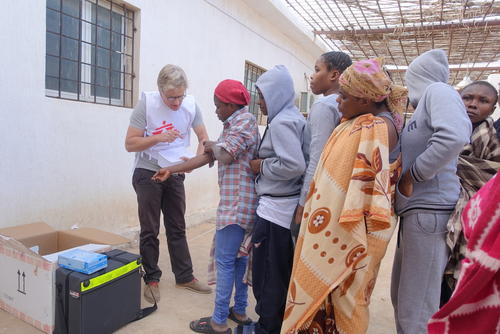
From Misrata to Tripoli, a first-hand account from Dr Tankred Stoebe
MSF publishes study on the accuracy of HIV rapid diagnostic tests
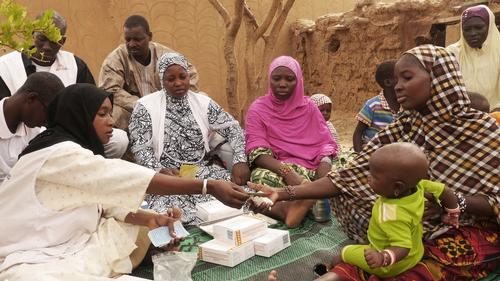
"There is a crisis overlap in northern Mali"
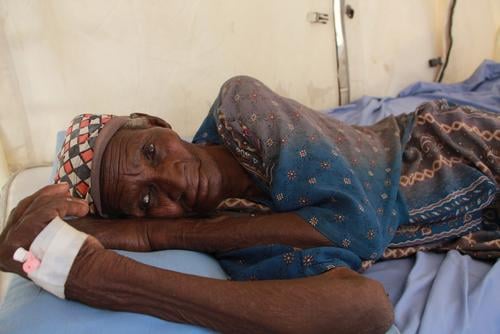
Searching for aid after fleeing the fighting
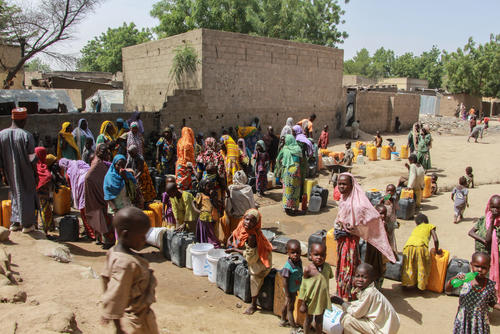
As refugees flee violence, others are forcibly returned
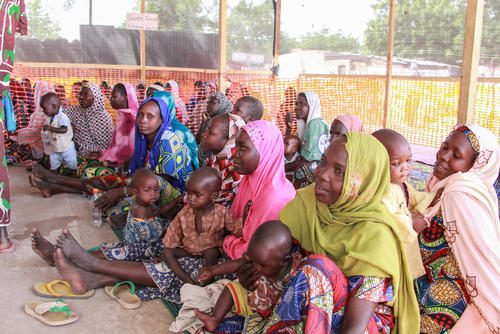
Testimonies of forced return
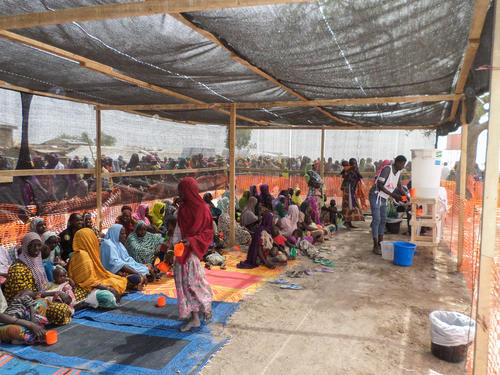
“Falling sick in Rann is almost a death sentence”
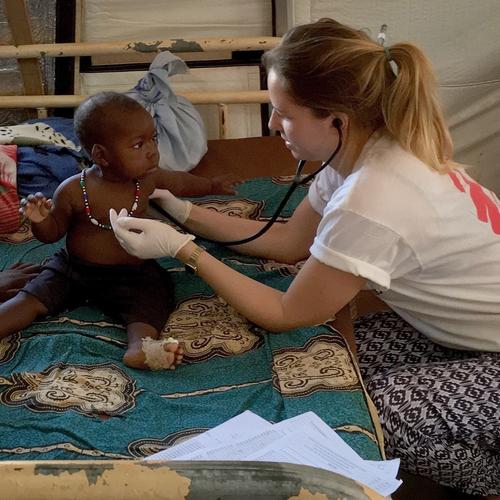
“Our paediatric hospital had to suddenly function as an adult trauma centre”
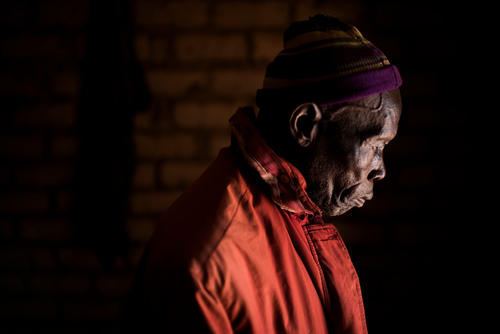
Civilians pay the price of renewed, brutal fighting
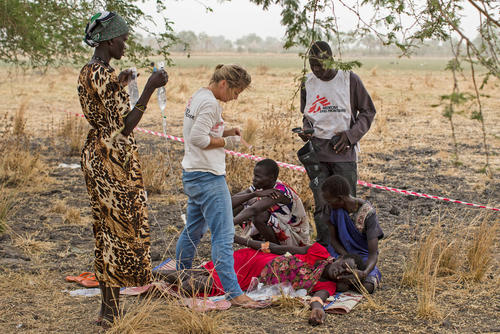
Delivering healthcare to a population displaced and in danger in Leer county
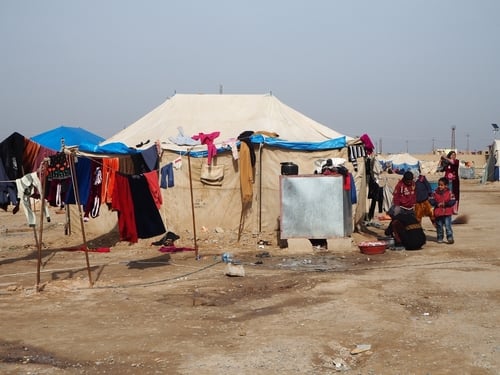
“We walked all night, staying away from roads for fear of being caught”
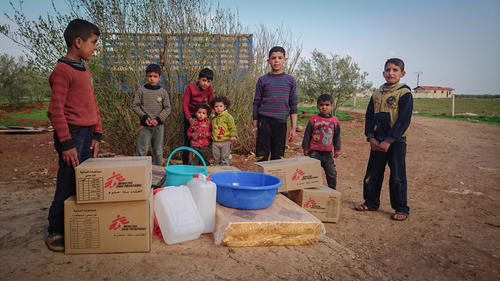
A family returns to a village battered by war
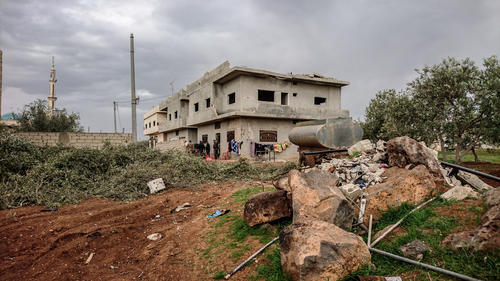
Instability in the south
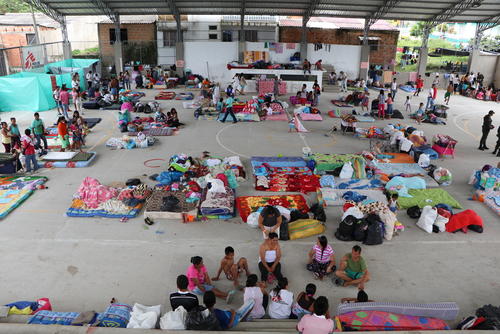
MSF provides medical and psychosocial assistance to people affected by the landslide in Mocoa
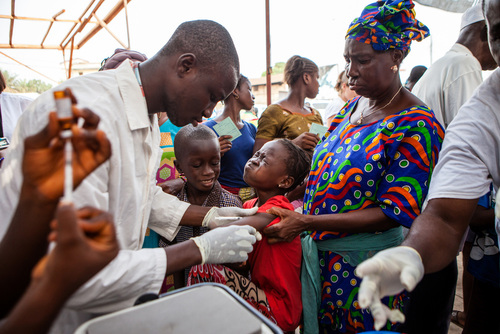
Battling a large-scale measles epidemic
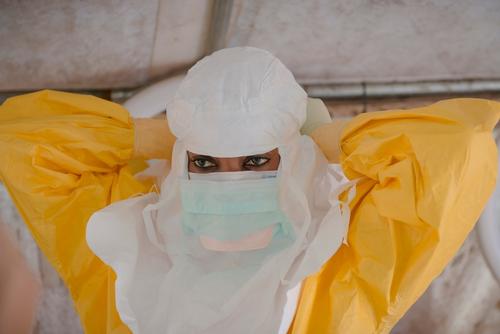
The Politics of Fear

How we deliver medical humanitarian assistance
Everywhere we work, the circumstances are unique. Nonetheless, our programmes generally follow a common set of practices designed to make sure our resources and expertise are used to maximum effect.



